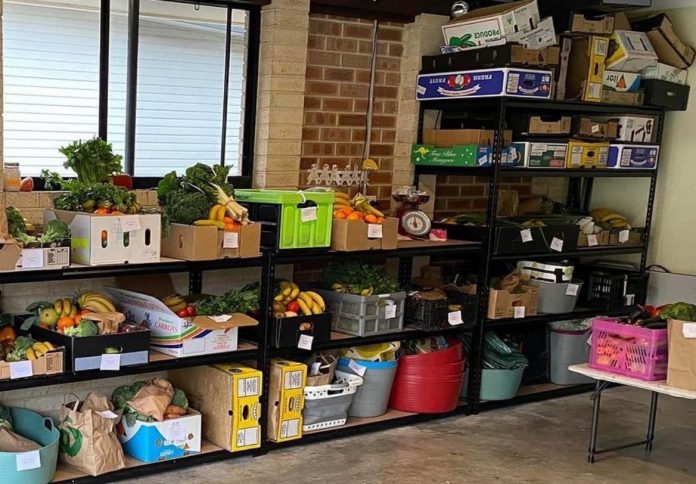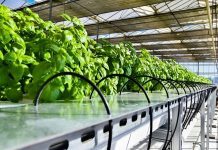
A community-run food cooperative is helping residents across New South Wales and the ACT access fresh produce more affordably – and its impact on food security and diet quality is now backed by academic research.
A new study published in the journal Appetite by Western Sydney University and the University of Wollongong found that members of Box Divvy, a people-powered food network, are eating better and experiencing significantly lower rates of food insecurity.
Surveying more than 2,200 Box Divvy members, the researchers reported a near halving of food insecurity rates – from 51 per cent of respondents before joining the program to 28 per cent after participation.
Severe food insecurity, including skipping meals or going hungry, dropped by more than half. Members also reported eating an average of 3.3 more servings of vegetables and 2.5 more servings of fruit per week.
Box Divvy, which has more than 300 local “Hubs” across the two jurisdictions, enables neighbours to collectively order and share fresh, seasonal produce and pantry staples, typically at prices around 30 per cent lower than supermarkets.
There are no membership fees, and participants commit to regular orders. Each Hub is coordinated by a paid local organiser, providing a flexible income stream for people such as stay-at-home parents and retirees.
Anton van den Berg, co-founder of Box Divvy, said the study reinforces the value of community-led approaches in tackling food insecurity. “We created Box Divvy so people could eat well without breaking the bank,” he said.
“This study shows that community-led models like ours really do make a difference — financially, nutritionally, and emotionally.”
Dr Katherine Kent, the lead author of the study, noted that those in the most difficult financial positions prior to joining saw the greatest improvements.
“Younger people, single-parent households and those on lower incomes were among the most food insecure before joining Box Divvy — and also the most likely to benefit,” she said.
Box Divvy member Danielle Fraser, from Leumeah, said the initiative has helped her family afford healthier options.
“With three kids I have to stick to a strict budget — and I’ve been constantly watching grocery prices go up,” she said.
“With Box Divvy, we get more fresh produce for less, and it lasts longer. We’ve had to change the way we eat a little — it’s less processed — but it’s better for us.”
The findings arrive amid continued pressure on household grocery budgets and a rise in reliance on ultra-processed foods.
Researchers suggest co-ops like Box Divvy are playing a meaningful role in food access and affordability, but remain under-recognised in national food and health strategies.
Box Divvy described the model as a grassroots response to a broken food system. “This isn’t a handout or a gimmick — it’s a real solution,” the co-op stated in a media release. “It’s practical, it’s community-driven, and it gives people back a sense of dignity and control.”




















